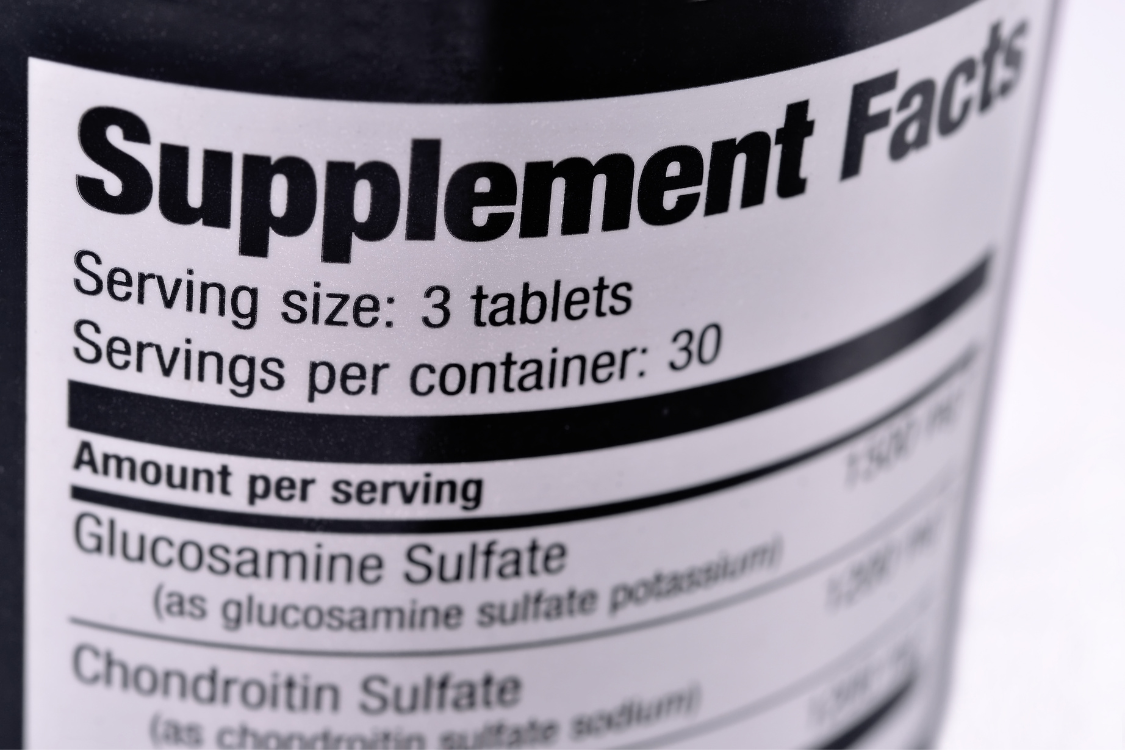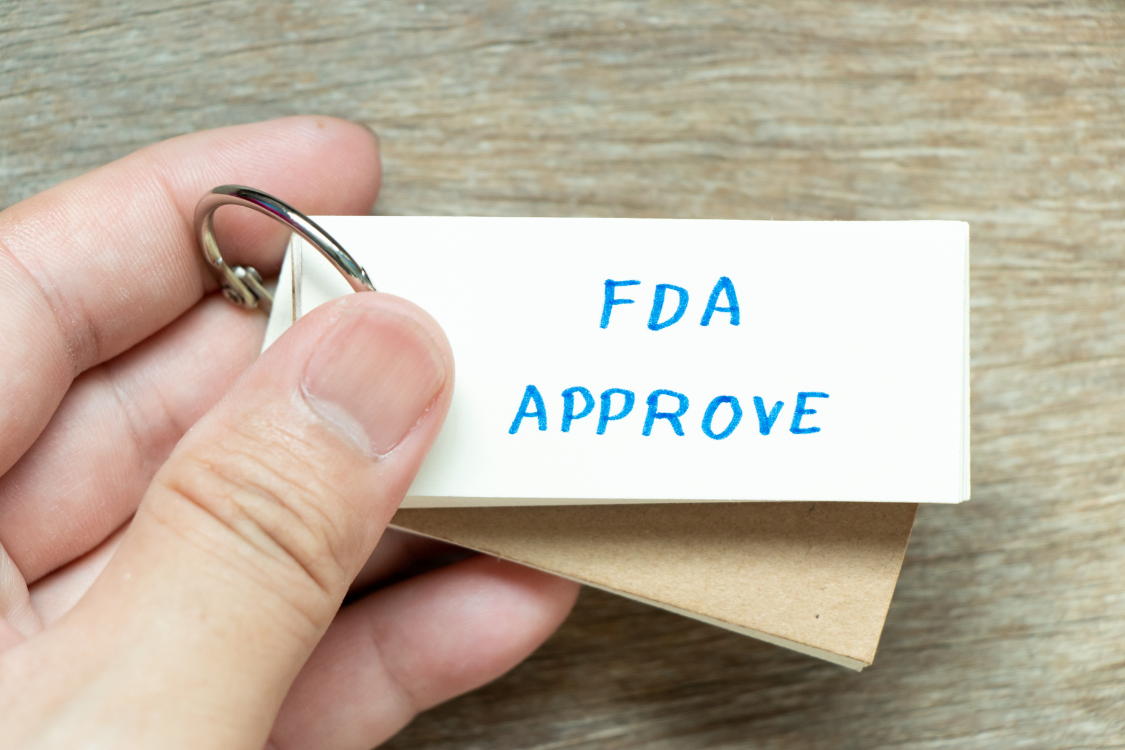Is your supplement manufacturer legally registered, or is your brand being put at risk? Working with non-licensed manufacturers, fake certifications, or unregistered facilities in the dietary supplement industry can lead to product recalls, legal penalties, and loss of consumer trust.
Regulatory agencies like the FDA (Food and Drug Administration) and the Federal Trade Commission (FTC) require dietary supplement manufacturers to follow strict rules on labeling, advertising, and dietary supplement manufacturing practices. Ignoring these checks could expose your business to violations and long-term damage.
This guide explains how to verify a supplement manufacturer’s legal status and protect your brand from preventable risks.
What Does It Mean to “Verify a Manufacturer’s Legal Status”?
Choosing a contract manufacturer in the dietary supplements industry involves more than comparing price and turnaround time. It requires a full check of their legal and regulatory standing to ensure they meet the standards set by agencies like the FDA and FTC. This step is essential for maintaining product quality, protecting many consumers, and ensuring compliance with federal law.
It’s more than checking their business name—it’s about compliance
A business name alone doesn’t guarantee a company meets the requirements for dietary supplement manufacturing. Manufacturers must comply with current good manufacturing practices (cGMP), proper labeling, and other food and drug regulations. Verifying compliance ensures manufacturing standards are followed, reducing the risk of non-compliance and facilitating legal market entry.
Includes licenses, registrations, certifications, and active standing with regulators
Supplement manufacturers should maintain current FDA registration, business licenses, and third-party certifications under programs like the dietary supplement verification program. They must stay in good standing with regulatory agencies overseeing dietary ingredients, food safety, and labeling accuracy under laws like the Health and Education Act and the Federal Food, Drug, and Cosmetic Act.

Why Verifying Legal Status Protects Your Brand
Vetting a manufacturer’s legal status is essential for protecting your brand’s integrity, customer trust, and long-term growth. It ensures your products meet safety, labeling, and testing standards expected in today’s highly regulated dietary supplement market. Verifying legal compliance is especially important when working with contract manufacturers who produce multiple product lines, including other dietary supplements with different dietary ingredients and health claims.
Prevents working with unlicensed or fraudulent companies
Unlicensed manufacturers may skip quality control or misstate total dietary intake. Many lack third-party oversight, such as the dietary supplement verification program. Verifying legal status helps prevent non-compliant products from entering the market.
Shields your brand from regulatory penalties and recalls
Unverified manufacturers pose a higher risk of FDA or FTC action. They can also trigger product recalls and customs issues. Legal checks help ensure dietary ingredients are properly sourced, tested, and labeled. This protects your position in the food supply chain.
Helps you ensure ethical and safe business practices
A legally compliant manufacturer follows the rules outlined in the Supplement Health and Education Act and often holds certifications like the USP (United States Pharmacopeia) Verified Mark to show adherence to safety and quality standards. These manufacturers are more likely to work transparently, use approved dietary ingredients, and follow ethical labeling practices. This builds confidence among healthcare practitioners and consumers who expect high-quality dietary supplements produced with reliable sourcing and rigorous testing.

What Government Records Should You Check First?
Legally compliant supplement manufacturers maintain clear, traceable records with regulatory agencies. Checking these records helps verify their legal status and confirm they meet FDA standards for producing supplements, including those marketed or distributed in the U.S.
FDA Registration (for U.S. manufacturers)
Most facilities that manufacture, process, pack, or hold dietary supplements in the U.S. must register with the FDA as food facilities under federal law. Registration does not confirm compliance with cGMP regulations; it only identifies the facility to the FDA. Compliance is assessed separately through inspections. Companies that fail to register as required may face regulatory action or enforcement but could still be selling products unlawfully without immediate FDA intervention.
State business license or Department of State corporate records
Check state-level records to ensure the business is licensed and active. The license information should match what appears on dietary supplement labeling and marketing materials. This step verifies the manufacturer’s legal identity and confirms they operate under recognized state business laws.
Better Business Bureau (BBB) or local trade/commerce registration
The BBB and local trade registries can reveal if a manufacturer has a history of complaints, failed audits, or business closures. These platforms help assess the company’s reliability in handling manufacturing, advertising, and customer service obligations, building confidence in their ability to meet your brand’s quality and compliance needs. A clean record supports confidence in their ability to meet your brand’s quality and compliance needs.
Department of Agriculture if relevant to ingredients (U.S. or other countries)
Manufacturers using raw materials like botanical extracts, amino acids, or other dietary ingredients may need to register with the Department of Agriculture. This is especially important when verifying claims tied to the dietary supplement verification program or the Health and Education Act. Confirming this registration supports compliance with food safety standards required for lawful market entry.

Where to Look: Online Tools to Verify Manufacturer Credentials
Online tools simplify the process of confirming a manufacturer’s legal status. These platforms help businesses verify dietary supplements and ensure partners meet industry standards.
FDA Drug Establishment Current Registration Site
Use this database to confirm that a manufacturer is registered with the FDA. While FDA registration is required, it does not imply FDA approval of the products. Manufacturers are responsible for complying with cGMP standards and ensuring product safety and labeling accuracy.
SAM.gov (U.S. government vendor verification)
SAM.gov lists official federal contractors, including those manufacturing dietary supplements or handling vitamins and other dietary substances. It’s a reliable tool for verifying regulatory compliance and legal status.
State Secretary of State business lookup lookup tools
These tools let you check corporate filings and verify a company’s legal existence, ownership, and standing. Confirming this information is key before entering into a manufacturing agreement.

What Questions Should You Ask the Manufacturer Directly?
While online tools are helpful, asking direct questions can reveal issues that records may not show. These conversations help verify compliance and test the company’s transparency.
Can you provide your business license and FDA registration number?
Manufacturers should be ready to provide proof of FDA registration and a current business license. These are key to confirming their right to manufacture and distribute dietary supplements under U.S. food laws legally.
What certifications do you hold (and are they current)?
Certifications demonstrate a manufacturer’s commitment to quality, testing, and regulatory compliance. Look for these key indicators:
- USP Verified Mark – Indicates that the product has been tested and meets the United States Pharmacopeia’s standards for quality, purity, potency, and manufacturing practices.
- NSF Certification – Confirms compliance with cGMP standards specific to dietary supplements and food manufacturing.
- ISO 9001 or ISO 22000 – Indicates a structured system for food safety and quality control.
- Organic, Non-GMO, or Vegan Certifications – Needed for products that include these dietary supplement health claims in their labeling.
- FDA cGMP Compliance Letter or Audit Report – Demonstrates the facility has passed formal inspections and follows FDA regulations.
Have you ever received an FDA warning letter or regulatory citation?
If the manufacturer has received an FDA warning or faced penalties, they should be open about the issue and how it was resolved. Use this to measure their commitment to improving practices and maintaining compliance with federal law.

Red Flags That Might Indicate Legal or Compliance Issues
Some supplement manufacturers may appear compliant but fail critical legal checks. These red flags often signal noncompliance with dietary supplement health regulations or missing documentation required to manufacture and distribute dietary supplements legally. Regulatory agencies like the FDA expect manufacturers to follow strict labeling, quality, and recordkeeping standards.
They avoid or delay providing license/registration documents
When supplement manufacturers avoid or delay sharing their FDA registration number or business license, it raises concerns about their ability to meet federal law requirements. This documentation is essential to verify the supplement manufacturer’s legal status and confirm adherence to current good manufacturing practices. Such delays can signal noncompliance, lack of necessary expertise, or weaknesses in internal quality control systems designed to assess the quality and safety of dietary substances, including other botanical ingredients.
They are not listed in FDA or other official databases
A company not listed in the FDA database or other official registries may not meet registration requirements under the Federal Food, Drug, and Cosmetic Act. While dietary supplements are unlike drugs and don’t require FDA approval, the FDA generally expects registered facilities for products held, tested, or distributed within the food supply.
They give vague or unverifiable certifications
Claims like “third-party certified” without naming a program lack credibility. Reputable manufacturers should provide documentation from recognized programs such as the dietary supplement verification program or display the USP Verified Mark. These certifications confirm quality, purity, and labeling accuracy but do not validate health claims. Lack of verifiable proof is a risk to regulatory compliance.
What If You’re Working With an Overseas Manufacturer?
Working with overseas supplement manufacturers can be a cost-effective strategy, but it requires extra due diligence. Compliance expectations differ across borders, so you need to verify the supplement manufacturer’s legal status through reliable and accessible sources.
Ask for English-translated documentation
Overseas supplement manufacturers should provide English versions of business licenses, FDA-equivalent registrations, and dietary supplement labeling. Accurate translations help verify compliance with food safety standards and confirm the ingredients listed on dietary supplement products. Missing or unclear documents may cause delays with customs or border protection.
Check their local country’s business registry
Use official business registries to verify a manufacturer’s legal status. For example, look into agencies responsible for confirming whether a company can produce dietary substances under relevant local regulations. These registries ensure businesses comply with legal standards in their respective jurisdictions.
Use third-party verification services or sourcing platforms
Platforms like Inventory Ready help verify dietary supplements and assess manufacturer compliance. They offer tools like comprehensive auditing and ensure alignment with the Health and Education Act and regulations from the FDA and FTC. This adds security when sourcing from international contract manufacturers.
Legal Verification Protects Your Brand and Ensures Long-Term Success
Partnering with a legally verified supplement manufacturer helps protect your business from compliance risks, product recalls, and regulatory penalties. Verifying a company’s FDA registration, licenses, certifications, and good standing with regulatory agencies should be a standard part of your sourcing process. It also builds consumer trust, ensures safe dietary supplement products, and supports ethical business practices. Use official tools, ask the right questions, and keep a checklist to assess the quality and verify the supplement manufacturer’s legal status before signing any contract.
Frequently Asked Questions
How do I check if a supplement manufacturer is legally registered?
Search FDA databases, state Secretary of State websites, and official business registries to verify supplement manufacturer’s legal status.
What documents should a manufacturer provide to prove legal status?
They should provide an active FDA registration number, a valid business license, and up-to-date third-party certifications.
Can I trust a manufacturer if they’re not listed on the FDA website?
Unless they operate outside the U.S., all dietary supplement manufacturers should appear in FDA registration databases.
Is it safe to use an international manufacturer?
Yes, but only if you confirm their legal status using official country registries or verified sourcing platforms.
How often should I re-verify my manufacturer’s legal status?
Recheck their compliance status annually or before renewing any major contract to ensure ongoing regulatory alignment.
References
- Gouveia, B. G., Rijo, P., Gonçalo, T. S., & Reis, C. P. (2015). Good manufacturing practices for medicinal products for human use. Journal of pharmacy & bioallied sciences, 7(2), 87–96. https://doi.org/10.4103/0975-7406.154424
- Office of Dietary Supplements, National Institutes of Health. (n.d.). Dietary Supplement Health and Education Act of 1994. Public Law 103-417, 103rd Congress. https://ods.od.nih.gov/About/DSHEA_Wording.aspx
- U.S. Food and Drug Administration. (n.d.). How to register and list. https://www.fda.gov/medical-devices/device-registration-and-listing/how-register-and-list
- U.S. Food and Drug Administration. (n.d.). Federal Food, Drug, and Cosmetic Act (FD&C Act). United States Code, Title 21. https://www.fda.gov/regulatory-information/laws-enforced-fda/federal-food-drug-and-cosmetic-act-fdc-act



